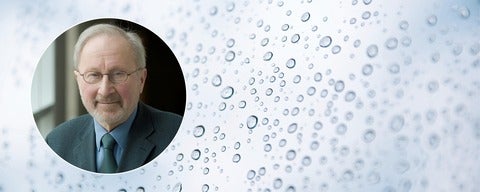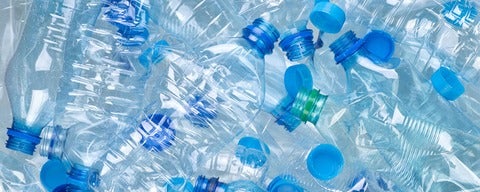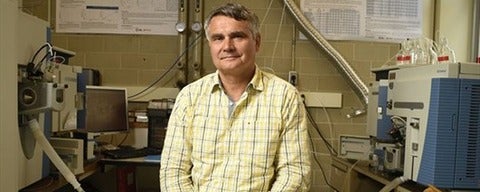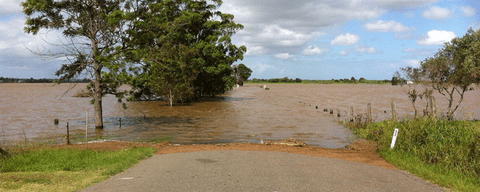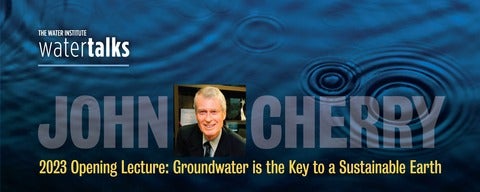John Cherry returns to Waterloo to deliver the 2023 WaterTalks opening lecture
World-renowned hydrogeologist and groundwater advocate Dr. John Cherry to present the Water Institute’s WaterTalks lecture on Wednesday, January 18, 2023
The Water Institute in collaboration with the Faculty of Science, Department of Earth and Environmental Sciences, is delighted to welcome Dr. John Cherry, Distinguished Professor Emeritus, Hydrogeology, as the opening lecturer for the 2023 WaterTalks lecture series. The lecture will be presented on Wednesday, January 18 and is free to the campus community, alumni and the public.

